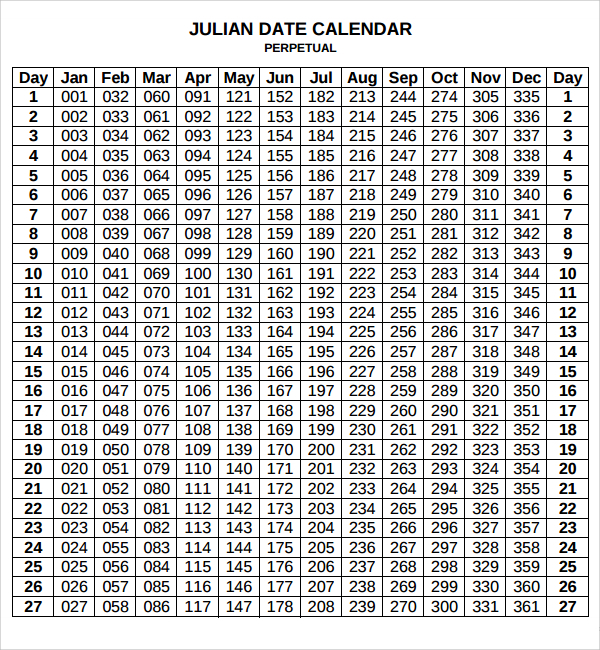The Julian calendar, introduced by Julius Caesar in 45 BC, was used in most of the Western world until the Gregorian calendar was adopted in the 16th century. In the Julian calendar, Christmas is celebrated on December 25th, just like in the Gregorian calendar. However, due to the difference in leap year calculations between the two calendars, Christmas in the Julian calendar falls on January 7th of the Gregorian calendar.
Many Eastern Orthodox Churches, such as the Russian Orthodox Church, still follow the Julian calendar for their religious celebrations, including Christmas. This means that for these churches, Christmas is celebrated on January 7th rather than December 25th.
Christmas In The Julian Calendar
Traditions of Christmas in the Julian Calendar
Christmas in the Julian calendar is celebrated with many of the same traditions as in the Gregorian calendar. This includes attending church services, exchanging gifts, and enjoying festive meals with family and friends. However, there are some unique customs associated with celebrating Christmas on January 7th.
One tradition specific to Christmas in the Julian calendar is the observation of “Sviatki,” a period of festivities that lasts from Christmas to Epiphany. During this time, people participate in various rituals and activities to bring good luck and blessings for the coming year. Another tradition is the practice of fasting on Christmas Eve, followed by a feast on Christmas Day to break the fast.
Conclusion
Celebrating Christmas in the Julian calendar on January 7th is a significant tradition for many Eastern Orthodox Christians. While the date may differ from the more commonly recognized December 25th, the spirit of Christmas remains the same – a time for joy, love, and goodwill towards all. Whether you celebrate Christmas on December 25th or January 7th, the essence of the holiday is universal and brings people together in celebration.
